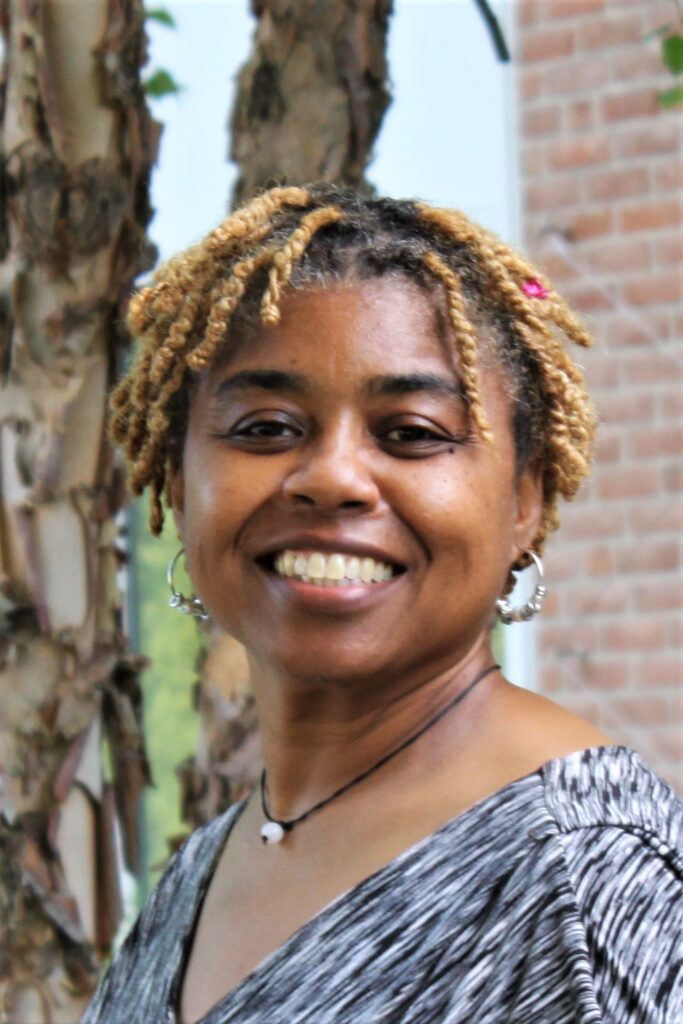
Yetunde “Kemi” Magadji, BSW, MSW, LCSW-C, LICSW, Clinical Social Worker
You might be surprised to see a hospice social worker’s “to-do” list. Most patients and families are not experts in the end-of-life experience. Our social work team has walked with many families and can help them navigate the process based on expereince. And that isn’t just filling out paperwork. We social workers wear many hats, and the hat rack keeps growing.
Here are five things social workers do that might surprise you.
- Check for safety in the home: Are there loose rugs that someone could trip on? Is the path clear for a patient’s walker? Is there someone smoking around a patient who uses oxygen? Our eyes are going all over the place, making sure there are no safety hazards for the patient and their caregiver. But we are also looking for pictures and mementos that help to tell a patient’s story. Our goal is to establish trust so you’re looking for an ice breaker that can help you share some common ground. “Oh, is that a picture of you on your wedding day? Can you tell me about it?”
- Make a thorough review: We conduct comprehensive, developmentally and culturally sensitive mental status assessments of patients. Our first visit with a family is critical and we value the time. The social worker recognizes and can treat patients with mental health issues like anxiety, depression and negative thoughts. We ask about the support of family and friends. Here’s when we review the documents they have on hand and get them the ones they may need. This can include an emergency plan, a power of attorney, a surrogate decision maker, and documents stating their decisions for resuscitation and other life-sustaining measures. We also assess how prepared the family is to care for their loved one at the end of life. We listen and offer emotional support to both the patient and the family.
We believe the patient has the right to say how they want to live their final days, where they want to die. If they want to go out listening to Eddie Van Halen, we’ll make it happen.
- Assist with funeral arrangements: There is so much to do when planning a funeral or memorial service. Social workers are experts at checking off the boxes. We provide resources for families to choose a funeral home or crematorium and work with the Veterans Administration for a military burial. We make sure that when the time comes, their loved one’s body is lovingly and respectfully cared for.
- Guard the patient’s wishes: This is the number one priority of a social worker. Even though the families may want them to live forever and ever, what the hospice team must keep at the forefront is what the patient wants and needs. We believe the patient has the right to say how they want to live their final days, where they want to die. If they want to go out listening to Eddie Van Halen, we’ll make it happen. Social workers do their best to celebrate the patient’s life. We have arranged early graduations of their children and bedside weddings. One last crab feast with their family. A final trip to Ocean City. If it can be done, we can work with the family to make it happen.

- Provide care for the family: It is all about the patient, and we make sure the family gets all the support they need to make the best of their loved one’s final days. What I hear most from the families is, “We just want them to be comfortable.” We reassure them that is our goal, which is why we have plans for pain and symptom management. A social worker educates families on the signs and symptoms when death is near and what else they can expect from the dying process. We arrange for volunteer visits so they can take a break from caregiving, knowing their loved one is not alone. We can even arrange for respite care so the family member giving care can refresh and renew themselves with a short getaway.
Social workers are an important link in the connection with the full care team. We try to pair up with the nurse, chaplain, nursing assistant or nurse practitioner on visits. Not only does it help us learn about the patient from other team members, but it underlines for the patients and their families that we are on their team.


